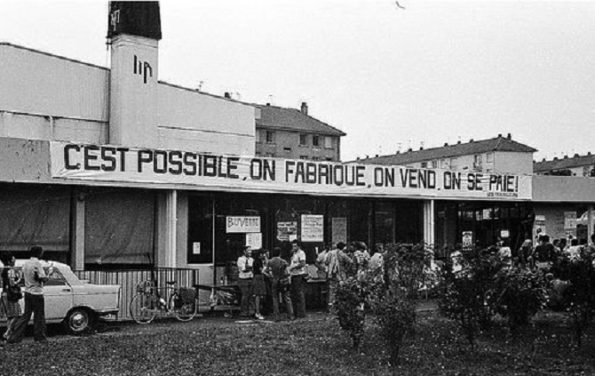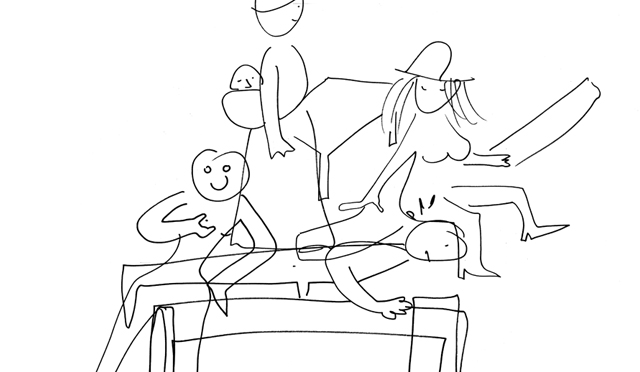Search
To search for an exact match, type the word or phrase you want in quotation marks.
A*DESK has been offering since 2002 contents about criticism and contemporary art. A*DESK has become consolidated thanks to all those who have believed in the project, all those who have followed us, debating, participating and collaborating. Many people have collaborated with A*DESK, and continue to do so. Their efforts, knowledge and belief in the project are what make it grow internationally. At A*DESK we have also generated work for over one hundred professionals in culture, from small collaborations with reviews and classes, to more prolonged and intense collaborations.
At A*DESK we believe in the need for free and universal access to culture and knowledge. We want to carry on being independent, remaining open to more ideas and opinions. If you believe in A*DESK, we need your backing to be able to continue. You can now participate in the project by supporting it. You can choose how much you want to contribute to the project.
You can decide how much you want to bring to the project.

As in the brilliant text by Caterina Almirall, the concept (and even more so the practice) of self-organisation comes with questions, millions of them, and however close we get to them, these questions aren’t rapidly solved. For example, what makes a practice, an association, an organisation, an institution (…) be considered self-organised? Is it financial autonomy? The independence of its activities? The human effort that promotes it? Its origins? Location? Objectives?
With these questions and millions more, we began a subject we wanted to tackle, and truth be told, we didn’t manage to clarify anything but we’re on the way… Moreover, it’s not reflected in all the texts that have been published, as it also appealed to us to give a counterpoint to the subject. From the idea of DIY (do it yourself, that isn’t the same as self-organisation, which is more about running things yourself, aside from the fact that the idea of doing implies action, while organisation implies order…) we wanted, in short, to contrast it with another idea that interests us, DIWO (Do It With Others, which we notably empathise with) but it was left as a subject (possibly) for rescuing and exploring in more depth. Not unlike the concepts of precariousness or temporality associated with self-organisation. Or the idea of (symbolic) youth or rebellion it is attributed with…in short, once again…
We opened the can of worms with Montse Badia Montse Badia talking, it couldn’t be any other way, about Autogestió, curated by Antonio Ortega at the Fundació Miró, a private entity (although one governed in part by public entities). To us it seemed to make sense to highlight it.
She was followed by an incisive Caterina Almirall Caterina Almirall with her string of questions, fruit to a great extent of her subjectivity and biography, who asked things like: what does it mean when we self-organise? Does precariousness mean it knows its limits? Have our limits become confused? Based on the Madrid fair in Madrid Supersimétrica, organised by Salón, but also stemming from her experiences with El Passadís, the talks at Fireplace Project, and thousands more layers.
With Virginia Lázaro we approached the obligations of self-organisation to commitment, collective strength and the extended benefits of “Do It Together” dealt with in her text: the struggle of Standing Rock and its many levels of interpretation, and how reading its axes in tension DIY takes on a tenor of social, ethnic, class struggle.
And we ended with Marina Vives interviewing Rubén Martínez, in which she asked an artist about his journey from the world of Fine Art to political theory, in which he seemed capable of turning it on its head and contesting the world of art as a theoretician. From theory to practice. From concept to its execution.

A*DESK is a critical platform focused on publishing, training, experimentation, communication and dissemination in relation to contemporary culture and art, which is defined by transversality. The starting point is contemporary art, because that is where we come from and this awareness allows us to go much further, to incorporate other disciplines and forms of thought in order debate issues that are relevant and urgent for understanding our present.
"A desk is a dangerous place from which to watch the world" (John Le Carré)